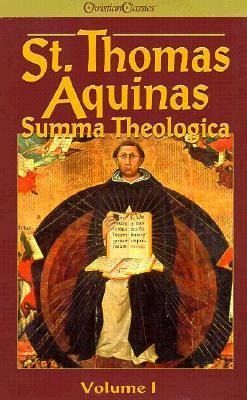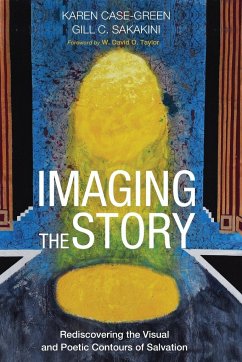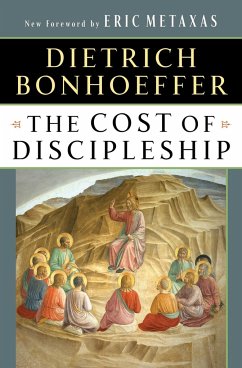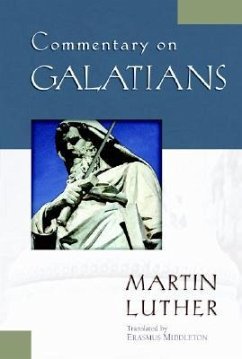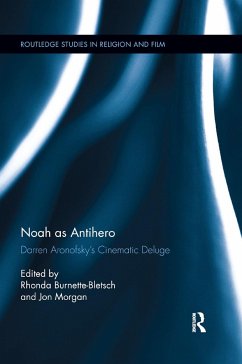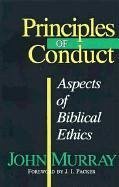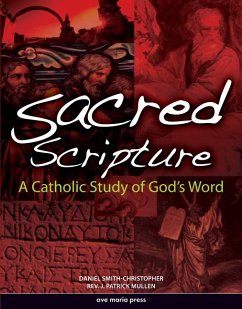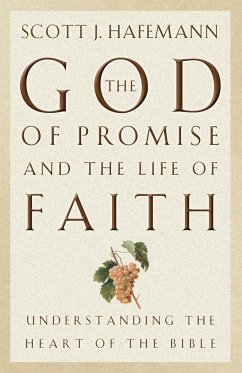Thomas Aquinas, also referred to as Saint Thomas Aquinas, was an Italian Dominican friar, Catholic priest, and immensely influential philosopher and theologian in the tradition of scholasticism. Born in Roccasecca, Italy, around 1225, Aquinas was an erudite scholar who integrated Aristotelian philosophy with Christian theology. Renowned for contributing to the classical synthesis of natural reason and the revealed truths of Christianity, his works continue to be a bedrock of Christian philosophy and theology, particularly within the Roman Catholic Church to which he belonged. Aquinas's most celebrated work, 'Summa Theologica,' is a seminal text that aims to explain the relationship between faith and reason and to present a comprehensive theological system. His literary style in 'Summa Theologica' combines rigorous rational inquiry with a profound sense of piety, reflecting the balance he sought between reason and faith. Aquinas's method of using philosophical principles to elucidate theological truths underscores much of his writing. This vast compendium of Christian thought is structured in the form of questions, objections, and responses, providing clear and logical analysis on a variety of theological issues. Saint Thomas Aquinas's legacy as a doctor of the Church and a patron of Catholic universities, colleges, and schools remains significant, with his teachings forming the cornerstone of Christian intellectual tradition and educational curriculum within these institutions. He died on March 7, 1274, and was canonized as a saint in 1323 by Pope John XXII.
